Organic Tea OEM: Certifications and Compliance Requirements
Ah, organic tea. The elixir of life for the health-conscious, the eco-warriors, and, let’s be honest, anyone who wants to sip their beverage while feeling morally superior. If you’re thinking about diving into the world of Organic Tea OEM (Original Equipment Manufacturing), brace yourself it’s not just about leaves and hot water. It’s about certifications, compliance, and a dash of bureaucratic tea-leaf reading. Let’s spill the tea (pun intended) on what you need to know.
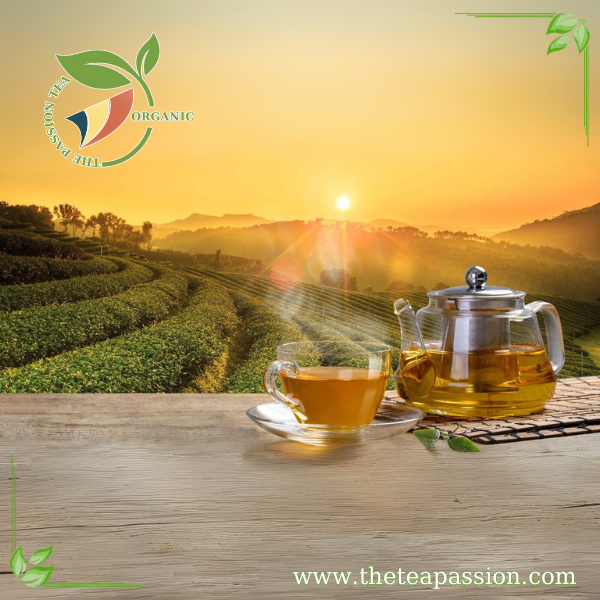
Why Certifications Matter More Than Your Instagram Aesthetic
Sure, your organic tea brand might have a killer logo, a rustic website, and a tagline like “Sustainably Sourced Serenity.” But without the right certifications? You’re just a fancy bag of leaves. Certifications are the golden ticket that tells your customers: “Hey, this tea is legit organic and won’t secretly ruin the planet.”
In the organic tea world, compliance is not optional. It’s the difference between being taken seriously by health-conscious consumers or being relegated to the bargain bin of questionable tea blends. Plus, certifications open doors to international markets, where regulations can be as strict as a tea sommelier judging your steeping technique.
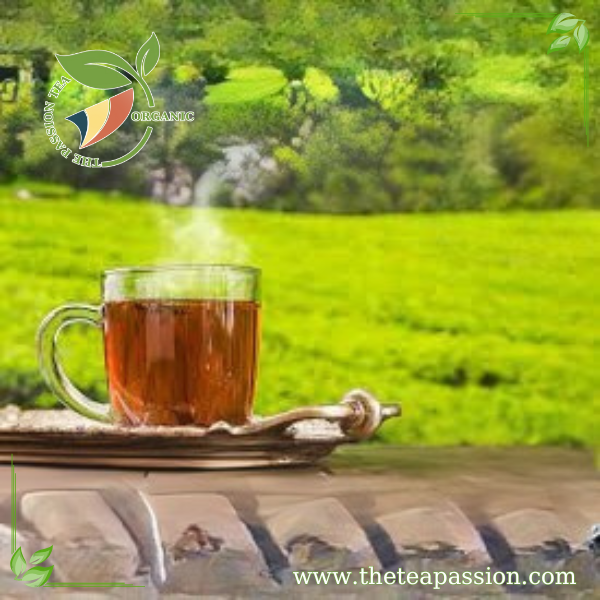
The Big Players: Certifications You Can’t Ignore
1. USDA Organic Certification
If you’re eyeing the U.S. market, this one is non-negotiable. The USDA Organic seal is like the Michelin star of organic products. To earn it, your tea must meet strict standards for soil quality, pest control, and processing. So, no sneaky pesticides or synthetic fertilizers allowed. Think of it as your tea’s purity pledge.
2. EU Organic Certification
Planning to take over Europe one teacup at a time? You’ll need the EU Organic logo. The European Union has its own set of rules, which are similar to USDA standards but with a few quirks (because Europe loves its quirks). For example, they’re big on biodiversity and environmental sustainability.
3. JAS (Japanese Agricultural Standard)
Want to woo the Japanese market? JAS certification is your ticket. Japan doesn’t mess around when it comes to food quality, and their organic standards are no exception. You’ll need to ensure your tea is free from genetic modification, synthetic chemicals, and shady farming practices.
4. Fair Trade Certification
Because who doesn’t love sipping tea while knowing they’re supporting farmers and workers? Fair Trade certification ensures that your tea was produced under ethical labor conditions and that farmers received fair compensation. It’s also excellent for marketing cue the heartwarming Instagram posts.
5. Rainforest Alliance Certification
This one focuses on sustainability and environmental protection. If your tea is grown in lush rainforests (as it often is), this certification shows you’re committed to preserving those ecosystems. Bonus points for the adorable frog logo.
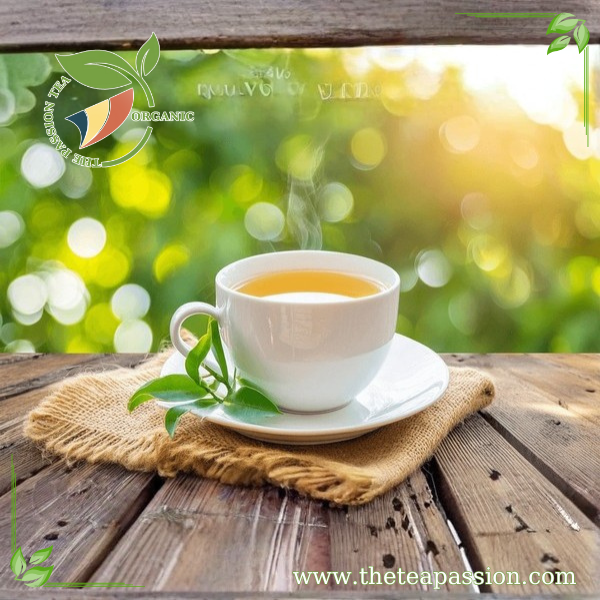
The Compliance Checklist: Don’t Skip These Steps
Now that you know which certifications to chase, let’s talk compliance. Because nothing says “fun” like navigating a labyrinth of regulations.
1. Ingredient Sourcing
Your tea leaves must come from certified organic farms. No exceptions. Make sure you have documentation for every ingredient yes, even that pinch of hibiscus you thought no one would notice.
2. Processing Standards
Organic isn’t just about how you grow the tea; it’s also about how you process it. Facilities must be certified organic and follow strict guidelines to avoid contamination with non-organic products. Translation: Keep your organic tea far away from that sketchy batch of instant noodles.
3. Packaging Materials
Your biodegradable packaging may look chic, but it also needs to meet compliance standards. Many certifications require eco-friendly materials that don’t leach harmful chemicals into your tea. So, say goodbye to plastic and hello to compostable chic.
4. Labeling
This is where things get tricky. Each certification has specific labeling requirements, from font size to logo placement. Get it wrong, and you could face fines or worse, consumer wrath on social media.
5. Annual Inspections
Once certified, you’re not off the hook. Most certifications require annual inspections to ensure you’re still playing by the rules. Think of it as a yearly check-up for your tea business.
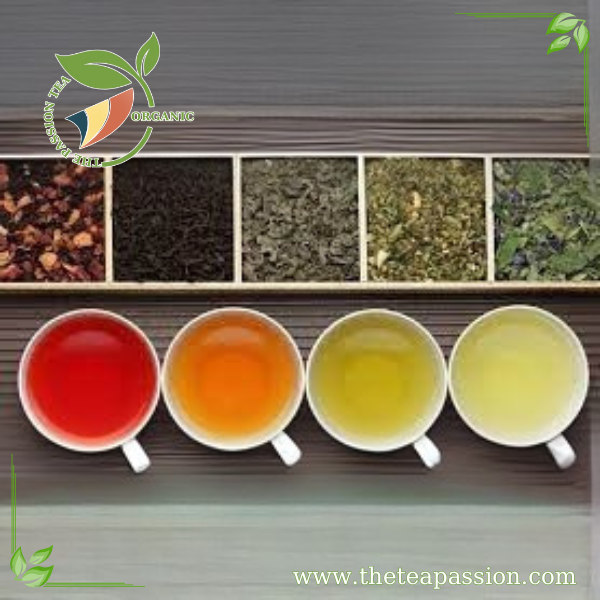
The Hidden Costs of Going Organic
Let’s address the elephant in the room: money. Organic certifications aren’t cheap, and compliance can be a financial headache. From application fees to inspection costs, the expenses can add up faster than you can say “matcha latte.”
But here’s the silver lining: Consumers are willing to pay a premium for organic products. So while the upfront costs might sting, the long-term payoff can be worth it especially when your customers start raving about your ethically sourced, planet-saving tea.
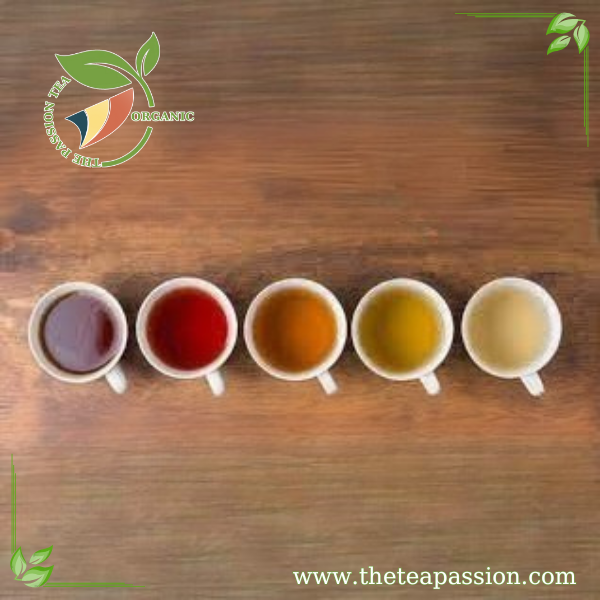
Pro Tips for Navigating the Certification Maze
1. Hire a Consultant
If all these regulations make your head spin, consider hiring an expert. A consultant can help you navigate the certification process and avoid costly mistakes.
2. Start Small
Don’t try to conquer every market at once. Focus on one certification (like USDA Organic) before expanding to others.
3. Build Relationships with Suppliers
Your suppliers are your lifeline in the organic tea business. Choose partners who are already certified or willing to meet certification standards.
4. Stay Updated
Regulations change faster than trends in bubble tea flavors. Make it a habit to stay informed about updates in certification requirements.
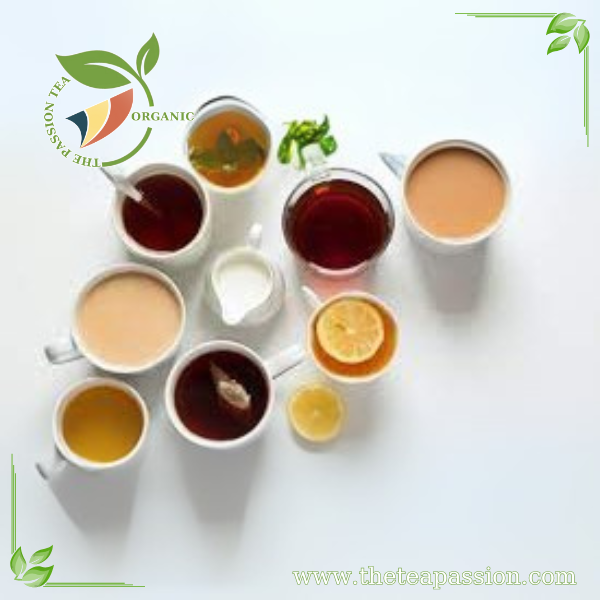
Why It’s Worth It
Yes, certifications and compliance can feel like a never-ending slog through red tape. But once you’ve cleared those hurdles, you’ll have something invaluable: credibility. In a market flooded with dubious claims and greenwashing, certified organic tea stands out as the real deal.
Plus, there’s something deeply satisfying about knowing your product isn’t just good it’s doing good. From supporting ethical farming practices to protecting the environment, your organic tea brand can make a genuine impact.
So go ahead, dive into the world of Organic Tea OEM with confidence (and maybe a strong cup of chai). After all, if there’s one thing we know for sure, it’s that life’s too short for bad tea or bad business practices.
Cheers to that!
